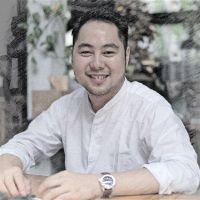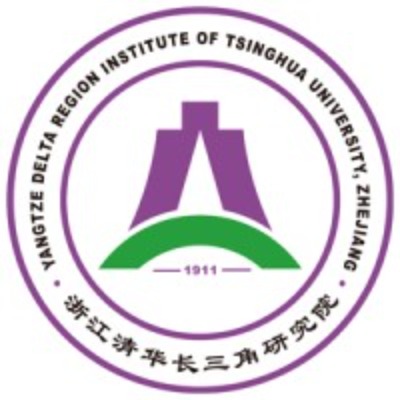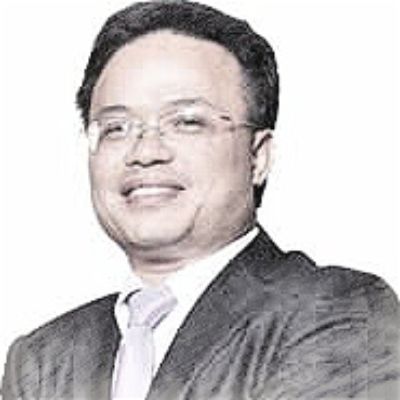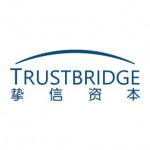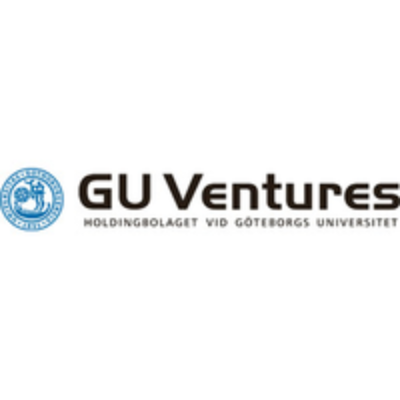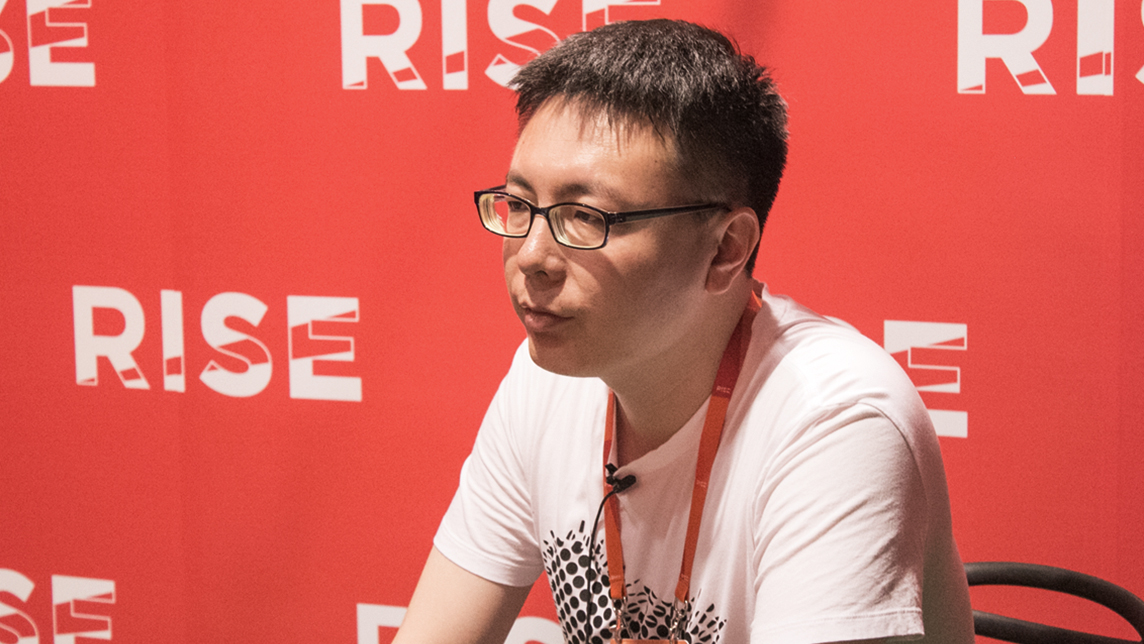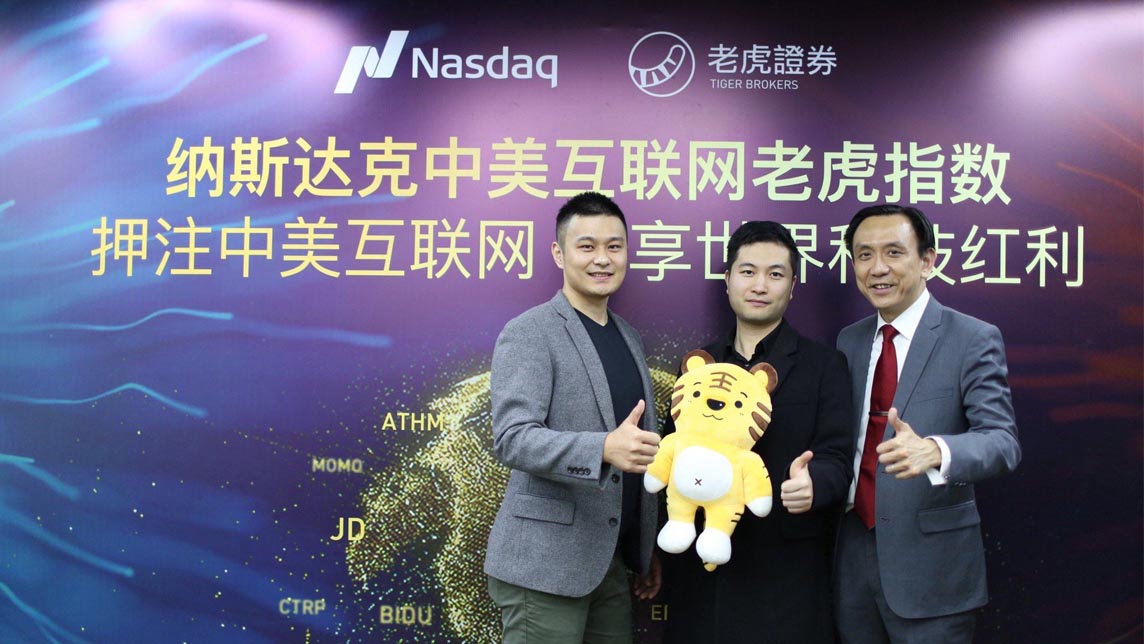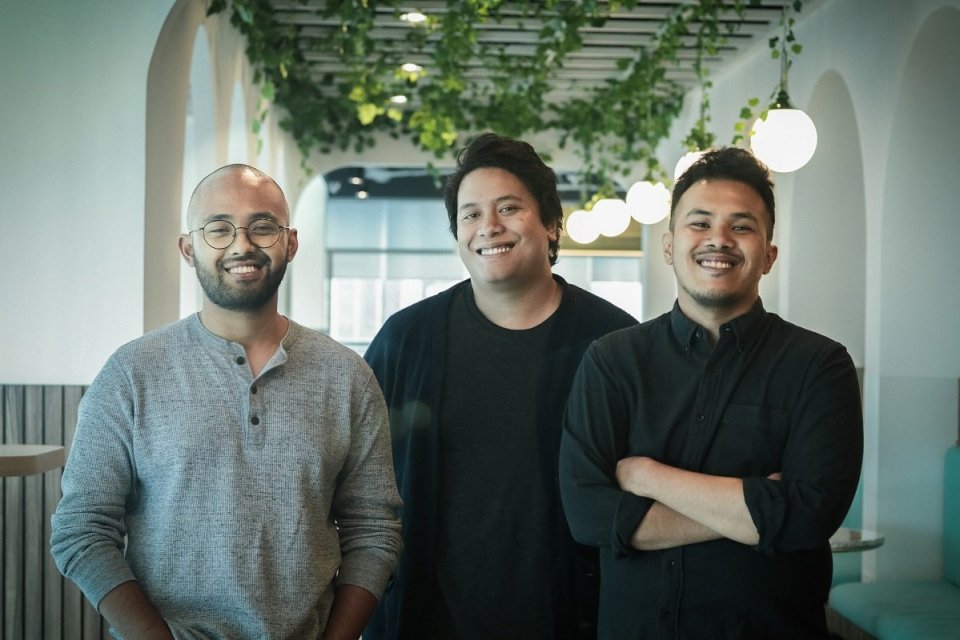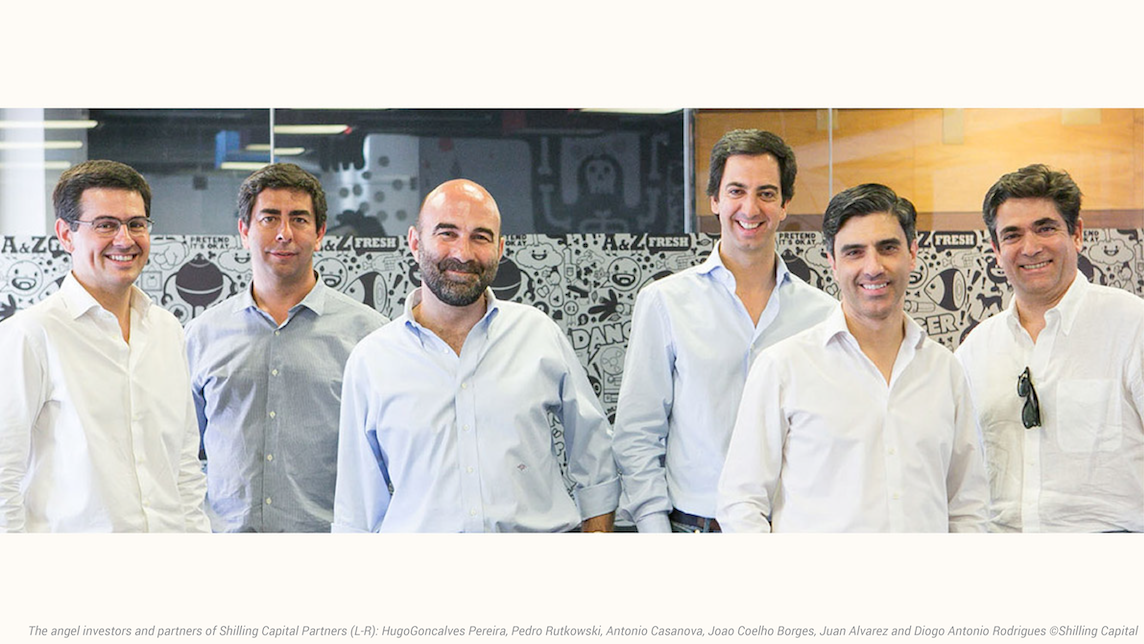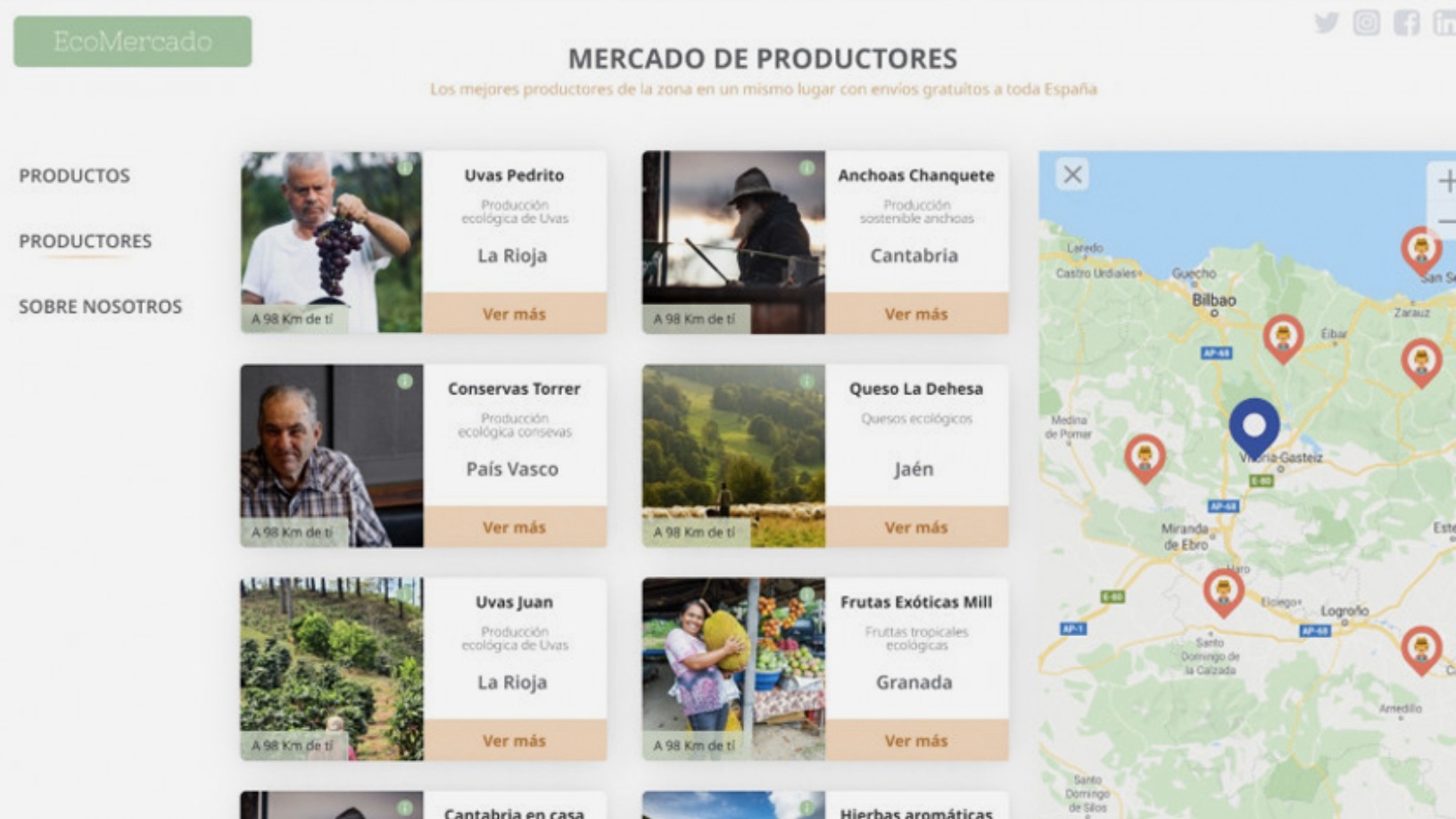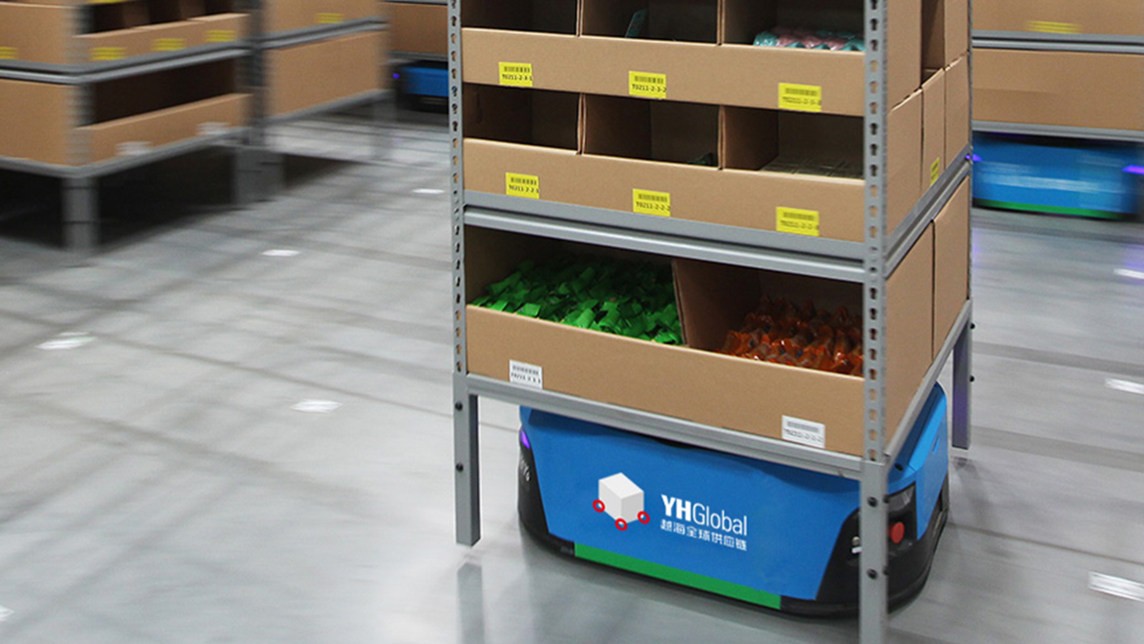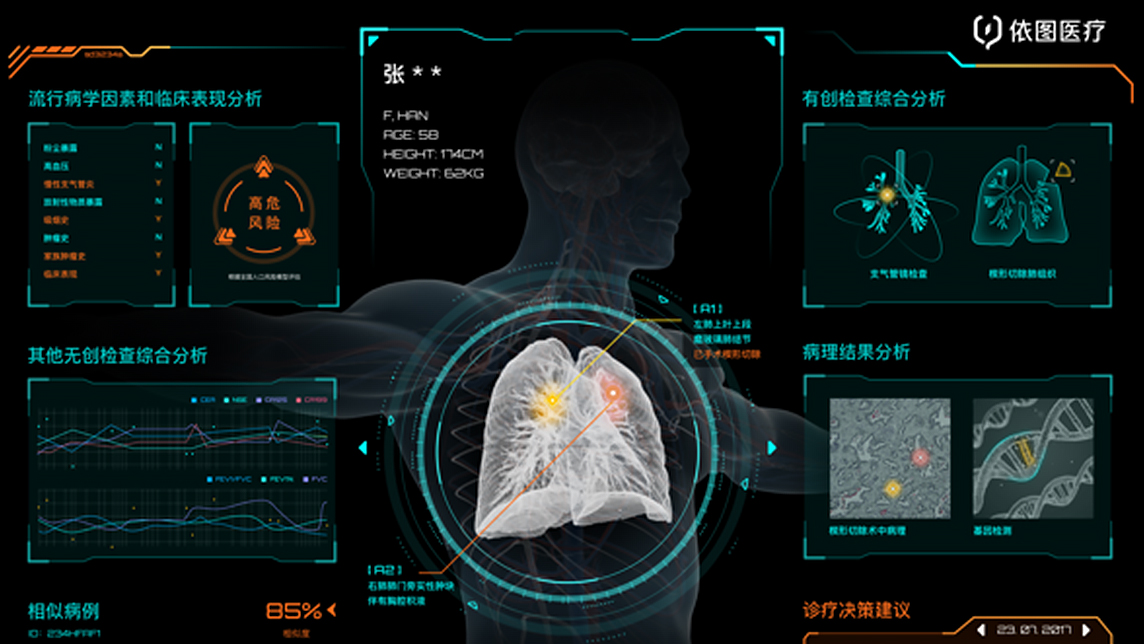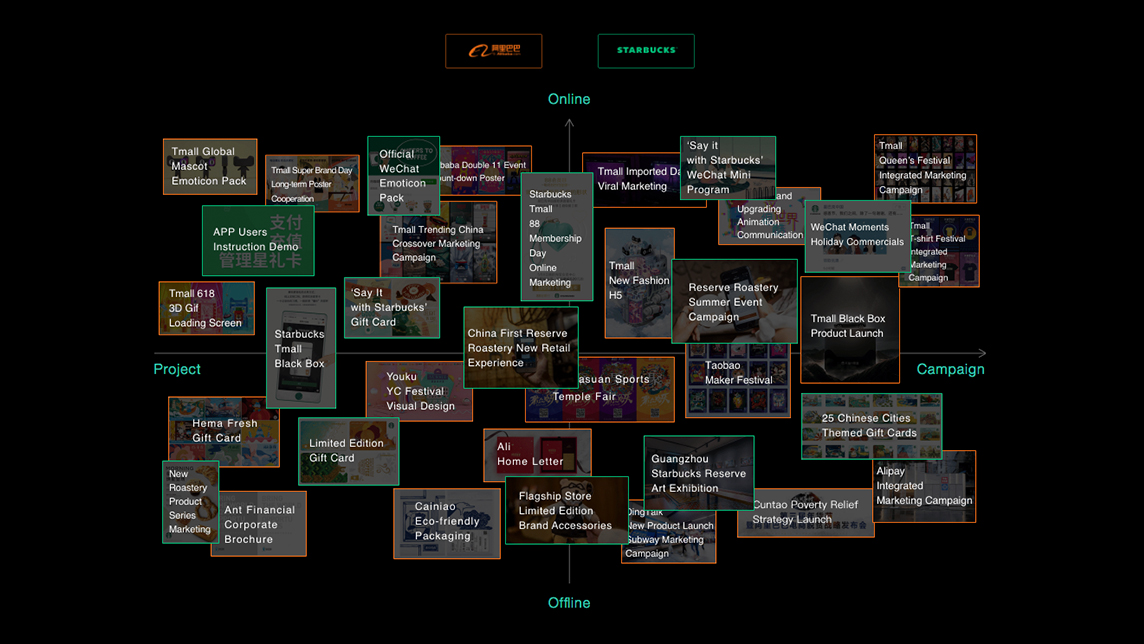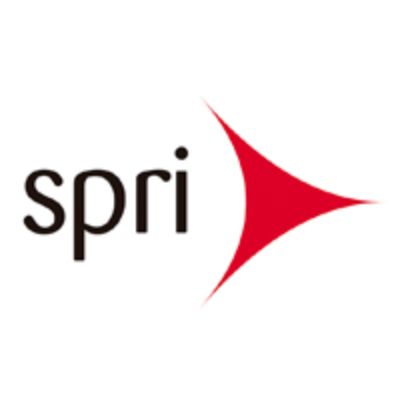Prasetiya Mulya University
-
DATABASE (963)
-
ARTICLES (253)
Co-founder, CMO and COO of Limakilo
Lisa Ayu Wulandari is an alumni of Telkom University in Bandung with an engineering degree in Electrical & Instrumentation. She later obtained a master’s in Business, Management and Marketing at Jakarta’s Prasetiya Mulya University in 2015.Lisa started as a management trainee at PT Schneider Electric in 2011. She worked in the Services Marketing division for more than five years at PT Schneider Indonesia.
Lisa Ayu Wulandari is an alumni of Telkom University in Bandung with an engineering degree in Electrical & Instrumentation. She later obtained a master’s in Business, Management and Marketing at Jakarta’s Prasetiya Mulya University in 2015.Lisa started as a management trainee at PT Schneider Electric in 2011. She worked in the Services Marketing division for more than five years at PT Schneider Indonesia.
Co-founder and CEO of Crowde
Yohanes Sugihtononugroho is an experienced serial entrepreneur who started his first venture, a shoe manufacturing company, while reading his degree in Business at Universitas Prasetiya Mulya, Indonesia. As a student, he had also established agricultural and fashion-related businesses and continued to do so after graduation. His current venture is Crowde, a crowd investment platform connecting farmers and individual investors. Yohanes holds a Professional Development Certificate in Entrepreneurship from Stanford University.
Yohanes Sugihtononugroho is an experienced serial entrepreneur who started his first venture, a shoe manufacturing company, while reading his degree in Business at Universitas Prasetiya Mulya, Indonesia. As a student, he had also established agricultural and fashion-related businesses and continued to do so after graduation. His current venture is Crowde, a crowd investment platform connecting farmers and individual investors. Yohanes holds a Professional Development Certificate in Entrepreneurship from Stanford University.
Co-founder and Commissioner of Tanamduit
Indra Suryawan is the co-founder of Star Mercato Capitale, the company behind mutual fund investment platform Tanamduit. Between 1997 and 2001, he was the department head of business and development at Bank Bali. He later joined Jatis Solutions, which specializes in developing enterprise IT applications, leaving as deputy CEO in 2010. Between 2013 and 2017, Indra was the CEO of PT Digital Artha Media, which developed Bank Mandiri's e-cash system. Indra holds a master's in Management and Finance from Prasetiya Mulya Business School, Indonesia.
Indra Suryawan is the co-founder of Star Mercato Capitale, the company behind mutual fund investment platform Tanamduit. Between 1997 and 2001, he was the department head of business and development at Bank Bali. He later joined Jatis Solutions, which specializes in developing enterprise IT applications, leaving as deputy CEO in 2010. Between 2013 and 2017, Indra was the CEO of PT Digital Artha Media, which developed Bank Mandiri's e-cash system. Indra holds a master's in Management and Finance from Prasetiya Mulya Business School, Indonesia.
Co-founder and CFO of HarukaEdu
Tovan Krisdianto started his career as an auditor at KPMG Indonesia before moving on to work at Schlumberger. After graduating in 2003 from the Prasetiya Mulya Business School with a master’s in Management, he worked as a CFO at PT Trouw Nutrition Indonesia (Nutreco) and also at Coda Payments. He co-founded an online education services provider HarukaEdu in February 2013. He is the CFO of PT Haruka Edukasi Utama. He also runs his own business as the founder of TTT Coaching and Consulting. He had also worked as an associate lecturer at Binus Business School in 2014.
Tovan Krisdianto started his career as an auditor at KPMG Indonesia before moving on to work at Schlumberger. After graduating in 2003 from the Prasetiya Mulya Business School with a master’s in Management, he worked as a CFO at PT Trouw Nutrition Indonesia (Nutreco) and also at Coda Payments. He co-founded an online education services provider HarukaEdu in February 2013. He is the CFO of PT Haruka Edukasi Utama. He also runs his own business as the founder of TTT Coaching and Consulting. He had also worked as an associate lecturer at Binus Business School in 2014.
President Director of Pintek
Tommy Yuwono founded his first venture, a business publication Milestone Interactive Digital magazine in 2011, while reading a business degree at Prasetiya Mulya Business School. After graduating in 2014, he joined securities company MNC Sekuritas to specialize in investment banking products like bond and medium-term notes for public and private companies.In 2016, he left MNC to become the chief digital officer and co-founder of online payments platform Ayopop. After securing Series A funding for Ayopop, he left and established education loan platform Pintek as CEO in 2018, together with Ayopop's CFO Ioann Fainsilber as co-founder.
Tommy Yuwono founded his first venture, a business publication Milestone Interactive Digital magazine in 2011, while reading a business degree at Prasetiya Mulya Business School. After graduating in 2014, he joined securities company MNC Sekuritas to specialize in investment banking products like bond and medium-term notes for public and private companies.In 2016, he left MNC to become the chief digital officer and co-founder of online payments platform Ayopop. After securing Series A funding for Ayopop, he left and established education loan platform Pintek as CEO in 2018, together with Ayopop's CFO Ioann Fainsilber as co-founder.
The Stanford Management Company (SMC) invests through the Merged Pool that oversees the majority of its investable assets. Its portfolio includes diverse equity-oriented strategies: domestic and foreign public equities (27%), real estate (8%), natural resources (7%) and private equity (30%). Private equity is maintained at 30% of the Merged Pool based on its risk-return criteria. The Merged Pool was valued at $29.6 bn as of June 30, 2019.The private equity division operates through selected external partners for early and later-stage investments. According to the university’s latest investment report, the SMC is working to improve its investment portfolio that has become over diversified during the last four years, making it difficult to maintain quality and drive superior returns. The number of active partners has been reduced to 75 including 37 new ones added in the last four years. The new partners have generated a net internal rate of return of 29.3% over the last four years.
The Stanford Management Company (SMC) invests through the Merged Pool that oversees the majority of its investable assets. Its portfolio includes diverse equity-oriented strategies: domestic and foreign public equities (27%), real estate (8%), natural resources (7%) and private equity (30%). Private equity is maintained at 30% of the Merged Pool based on its risk-return criteria. The Merged Pool was valued at $29.6 bn as of June 30, 2019.The private equity division operates through selected external partners for early and later-stage investments. According to the university’s latest investment report, the SMC is working to improve its investment portfolio that has become over diversified during the last four years, making it difficult to maintain quality and drive superior returns. The number of active partners has been reduced to 75 including 37 new ones added in the last four years. The new partners have generated a net internal rate of return of 29.3% over the last four years.
Yangtze Delta Region Institute of Tsinghua University, Zhejiang
Yangtze Delta Region Research Institute of Tsinghua University, Zhejiang was co-founded by the provincial government of Zhejiang and Tsinghua University in 2003 for tech transfer. It has set up over 50 R&D platforms in the areas of life sciences, digital creativity, information technology and ecological environment and 11 offshore incubators in the US, UK, Germany and Australia. The institute manages over RMB 7.5bn of assets and also makes investments through its sub-funds with a total size of more than RMB 10bn. So far, it has incubated and invested in over 2,500 companies, 35 of whom have gone public or been acquired by listed companies.
Yangtze Delta Region Research Institute of Tsinghua University, Zhejiang was co-founded by the provincial government of Zhejiang and Tsinghua University in 2003 for tech transfer. It has set up over 50 R&D platforms in the areas of life sciences, digital creativity, information technology and ecological environment and 11 offshore incubators in the US, UK, Germany and Australia. The institute manages over RMB 7.5bn of assets and also makes investments through its sub-funds with a total size of more than RMB 10bn. So far, it has incubated and invested in over 2,500 companies, 35 of whom have gone public or been acquired by listed companies.
After a decade of technology and capability development, Alén Space's proprietary nanosatellites offer a faster, cheaper way to meet the growing demand for new Space applications.
After a decade of technology and capability development, Alén Space's proprietary nanosatellites offer a faster, cheaper way to meet the growing demand for new Space applications.
A co-founder and angel investor of HomeRun, Cheng Xiaohua graduated with a major in Automation at Changsha Railway University in 1983. The university is now known as Railway Campus, Central South University. From 1984 to 1988, he spent his postgraduate years at Graduate School, University of Chinese Academy of Sciences and earned a master’s degree in Automation. He co-founded Netac with Deng Guoshun in 1999 and became the chairman in September 2010.
A co-founder and angel investor of HomeRun, Cheng Xiaohua graduated with a major in Automation at Changsha Railway University in 1983. The university is now known as Railway Campus, Central South University. From 1984 to 1988, he spent his postgraduate years at Graduate School, University of Chinese Academy of Sciences and earned a master’s degree in Automation. He co-founded Netac with Deng Guoshun in 1999 and became the chairman in September 2010.
Founded by Li Shujun, the former CFO of Shengda, in 2006, Trustbridge Partners is a venture capital and private equity firm focusing on growth-stage and expansion-stage investments in Chinese companies in new energy, environmental protection, new materials, new media, retailing, healthcare, education, e-commerce, etc. The sources of its funds come mainly from university foundations in the US (such as Columbia University, Stanford University, New York University), world-renowned investment firms (Temasek Holdings, Kerry Group, etc.), and private investors.
Founded by Li Shujun, the former CFO of Shengda, in 2006, Trustbridge Partners is a venture capital and private equity firm focusing on growth-stage and expansion-stage investments in Chinese companies in new energy, environmental protection, new materials, new media, retailing, healthcare, education, e-commerce, etc. The sources of its funds come mainly from university foundations in the US (such as Columbia University, Stanford University, New York University), world-renowned investment firms (Temasek Holdings, Kerry Group, etc.), and private investors.
Mari Elka Pangestu is the first female Chinese Indonesian to hold a cabinet position. She was the Minister of Trade from 2004 to 2011 and the Minister of Tourism from 2011 to 2014. She holds a doctorate in Economics from the University of California, USA. Returning to academia at the University of Indonesia, the professor is also part of the Indonesian network of angel investors ANGIN.
Mari Elka Pangestu is the first female Chinese Indonesian to hold a cabinet position. She was the Minister of Trade from 2004 to 2011 and the Minister of Tourism from 2011 to 2014. She holds a doctorate in Economics from the University of California, USA. Returning to academia at the University of Indonesia, the professor is also part of the Indonesian network of angel investors ANGIN.
GU Ventures is the Swedish venture capital agency of University of Gothenburg. The VC also runs incubator programs to support tech and science-related projects within the university and its alumni network.Founded in 1995, GU has backed more than 150 companies and projects, including 30 exits and 11 filed IPOs. According to the firm, 87% of its portfolio companies are contributing to the sustainable development goals set by the UN.
GU Ventures is the Swedish venture capital agency of University of Gothenburg. The VC also runs incubator programs to support tech and science-related projects within the university and its alumni network.Founded in 1995, GU has backed more than 150 companies and projects, including 30 exits and 11 filed IPOs. According to the firm, 87% of its portfolio companies are contributing to the sustainable development goals set by the UN.
Stanford Graduate School of Business
Launched in 2015, the Stanford GSB Impact Fund invests globally in innovators and tech startups whether connected with the university or not and within the area of social impact in seven market segments: education, energy and the environment, fintech, food and agriculture, justice, healthcare, and urban development. The university-owned fund invests from the pre-seed to Series A rounds and makes investments mostly from January to April. It currently has 11 startups in its portfolio.
Launched in 2015, the Stanford GSB Impact Fund invests globally in innovators and tech startups whether connected with the university or not and within the area of social impact in seven market segments: education, energy and the environment, fintech, food and agriculture, justice, healthcare, and urban development. The university-owned fund invests from the pre-seed to Series A rounds and makes investments mostly from January to April. It currently has 11 startups in its portfolio.
Armed with Asian and European experience, Miguel Amaro co-founded Uniplaces in 2011. He earned his bachelor’s degree in Finance from the University of Nottingham, and took a course in Chinese Studies at East China Normal University. He obtained his master’s in Management, with a concentration in Global Entrepreneurship, from Babson Graduate School. Amaro also spent two months as an analyst at Grameen Bank in Dhaka, Bangladesh. While developing Uniplaces, he was an entrepreneur-in-residence at Picvic Labs (France), Zhejiang University Innovation Institute (China) and Osram (United States). Amaro is currently part of the World Economic Forum’s Global Shapers. As an investor, to date, he has only invested in Portuguese healthy food service EatTasty and part funding the company's angel, pre-seed and seed rounds, with undisclosed investments.
Armed with Asian and European experience, Miguel Amaro co-founded Uniplaces in 2011. He earned his bachelor’s degree in Finance from the University of Nottingham, and took a course in Chinese Studies at East China Normal University. He obtained his master’s in Management, with a concentration in Global Entrepreneurship, from Babson Graduate School. Amaro also spent two months as an analyst at Grameen Bank in Dhaka, Bangladesh. While developing Uniplaces, he was an entrepreneur-in-residence at Picvic Labs (France), Zhejiang University Innovation Institute (China) and Osram (United States). Amaro is currently part of the World Economic Forum’s Global Shapers. As an investor, to date, he has only invested in Portuguese healthy food service EatTasty and part funding the company's angel, pre-seed and seed rounds, with undisclosed investments.
Veteran Portuguese investor Diamantino Costa, aka Dino, is the founder and managing partner of DCVentures and Ganexa Capital. He is also the chairman and CEO of Intelligent Sensing Anywhere (ISA), an IoT firm in energy, oil and gas. He is a former chairman of the Portuguese Aerospace Industry Association (PEMAS).Costa has a master’s in Computer Science from the University of Coimbra. He co-founded and exited Critical Software, one of Portugal’s first startups. The business application development company has its roots at the University of Coimbra and secured NASA as its first client.
Veteran Portuguese investor Diamantino Costa, aka Dino, is the founder and managing partner of DCVentures and Ganexa Capital. He is also the chairman and CEO of Intelligent Sensing Anywhere (ISA), an IoT firm in energy, oil and gas. He is a former chairman of the Portuguese Aerospace Industry Association (PEMAS).Costa has a master’s in Computer Science from the University of Coimbra. He co-founded and exited Critical Software, one of Portugal’s first startups. The business application development company has its roots at the University of Coimbra and secured NASA as its first client.
BEEVERYCREATIVE: Taking 3D printing from classrooms into Outer Space
Innovative 3D printing for daily use from a picturesque fishing village in Portugal.
Gestoos: The future is in the present with gesture recognition tech for consumers
From spotting and alerting sleepy drivers in their cars to switching on a washing machine with the wave of a hand, Gestoos's gesture and behavior recognition tech has wide application across devices and industries
Baifendian: Taking Chinese big data tech overseas
With the online data of more than 70% of China’s internet users in its reach, Beijing-based big data firm Baifendian is ready for its next leap – expand overseas
Tiger Brokers, a Chinese online brokerage for trading foreign stocks, announces US IPO
The Jim Rogers-backed fintech startup wants to raise US$150 million as it sees growing demand from younger Chinese investors
For Indonesia’s gig workers, Sampingan provides side jobs that matter
Besides helping businesses gather data and scale at a bargain, Sampingan wants to help its workers level up and perform more complex tasks
Shilling Capital Partners: Growing Portuguese tech businesses from seed
An early mover, the influential angel investing firm is accelerating local techs into Brazil and globally
Its latest project, Cattlechain, is an IoT-blockchain solution for farms to meet the EU's animal welfare standards, fulfilling consumers' demand for sustainable farming and food traceability
Mi Terro turns milk waste into eco-friendly clothing and packaging
With food giants like Danone, Arla and Dole as partners, US-Sino startup Mi Terro plans to extend its technology to plant-based food waste like soy to get plastic and fiber alternatives
Plant on Demand: Helping small-scale organic farmers to thrive, sustainably
Plant on Demand will soon deploy product PODX’s “prescriptive” analytics to boost organic farmers’ productivity and prices, by optimizing future crop yields to match seasonal sales trends
Quant Group makes personal loans safer, easier in China
Using big data and AI, Chinese fintech startup Quant Group simplifies and accelerates loan processing, and assures monetary security for financial institutions
Innovate big or go home: logistics unicorn YH Global eyes “Belt and Road” gold
The world’s first logistics firm to become a unicorn at Series A is a model of innovation in China. More overseas growth is next
Biomede: Harnessing plants’ natural attributes to decontaminate soil
The Lyon-based startup says using plants to remove harmful metals from the earth is a sustainable, cost-effective green alternative to decontaminate soil in agricultural or urban environments
This voice technology startup empowers both developers and machines
AISpeech shifted its business from education to IoT but has always remained focused on voice interaction between humans and machines
YITU takes smart healthcare to the next level
AI programs developed by this Chinese medtech startup provide more accurate diagnoses by reading medical images in conjunction with patients’ medical records
Tezign, where design meets technology
By building a bridge between creative talents and enterprises, this Chinese startup is providing designers with more work opportunities
Sorry, we couldn’t find any matches for“Prasetiya Mulya University”.




